Optimal Timing for Foundation Repairs
Timing for foundation repairs depends on various factors including weather conditions, soil stability, and the severity of issues. Generally, the optimal time is during dry seasons when ground moisture levels are stable, reducing the risk of further shifting or damage. Repair projects are often more efficient and less costly when performed in mild weather conditions, avoiding extreme cold or heat that can complicate procedures.
These seasons typically offer favorable weather for foundation repairs due to warmer temperatures and less moisture fluctuation, enabling better soil stability.
Avoiding periods of heavy rain or drought is important, as these conditions can cause soil movement that worsens foundation issues.
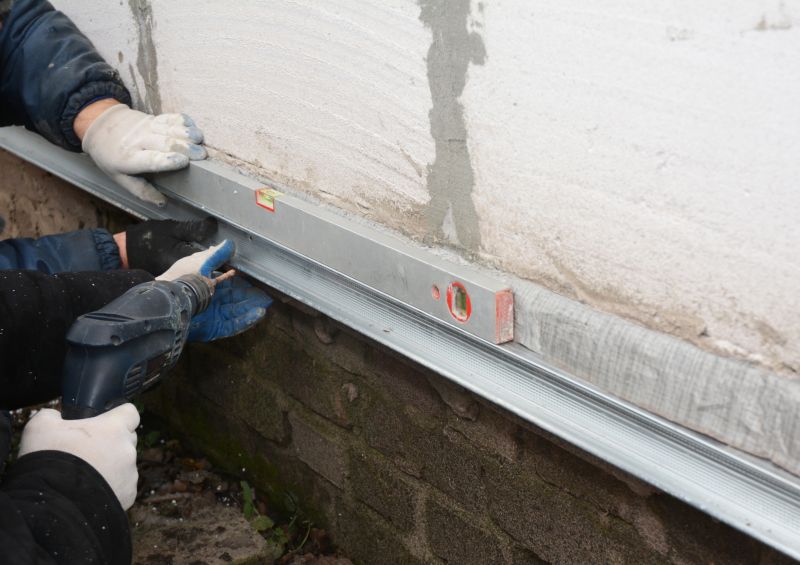
Spring offers optimal conditions for stable soil and manageable moisture levels.
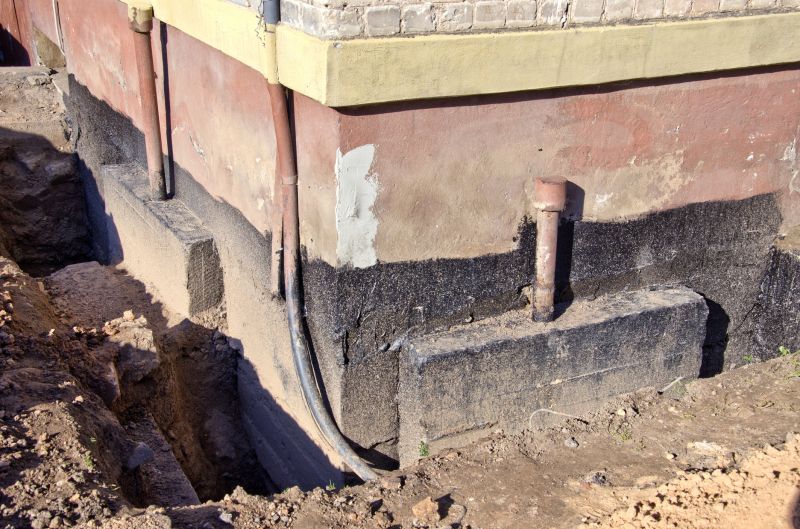
Warm weather and longer days facilitate efficient repair work.
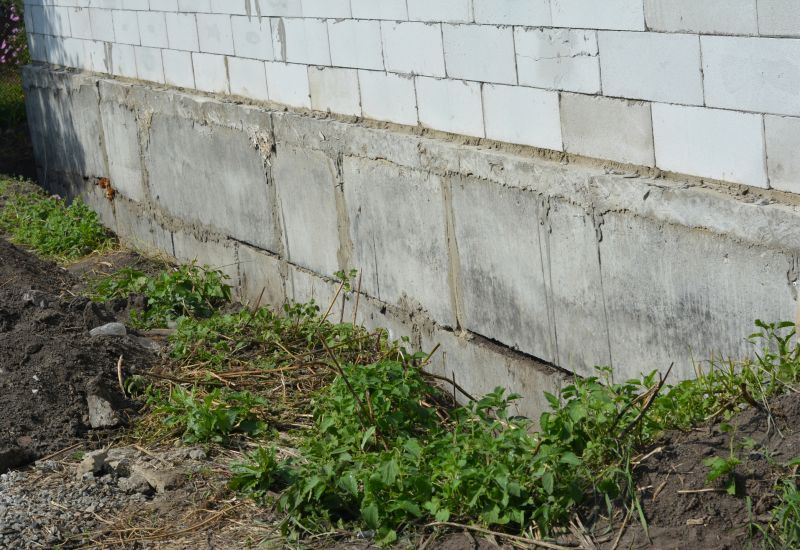
Early fall can be effective before winter weather arrives.
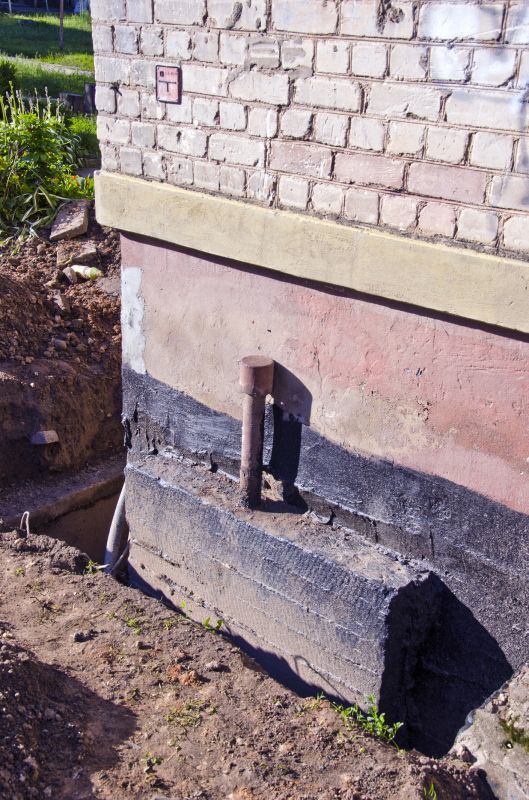
Winter presents challenges such as frozen ground and snow delays.
| Season | Suitability for Foundation Repairs |
|---|---|
| Spring | Ideal due to stable ground and favorable weather |
| Summer | Good, with warm temperatures and long daylight hours |
| Fall | Suitable if planned before cold weather sets in |
| Winter | Less suitable due to frozen ground and snow conditions |
Foundation repairs are critical for maintaining structural integrity and preventing further damage to a property. Soil conditions, moisture levels, and seasonal weather patterns significantly influence the timing and success of repair projects. Proper planning around seasonal changes can help ensure that repairs are effective and long-lasting. Statistics indicate that addressing foundation issues promptly can prevent costly damages and improve property value.

Visible cracks often indicate underlying issues that require timely repairs.
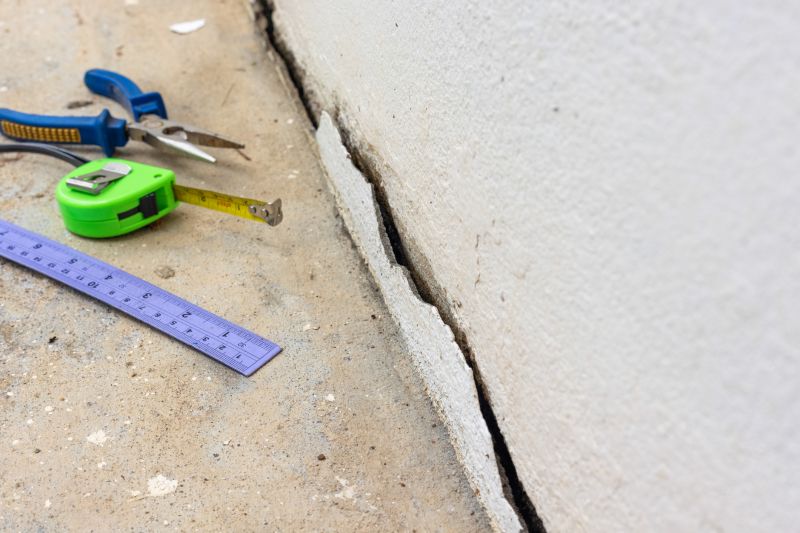
Shifting or settling foundations can cause floors to become uneven.
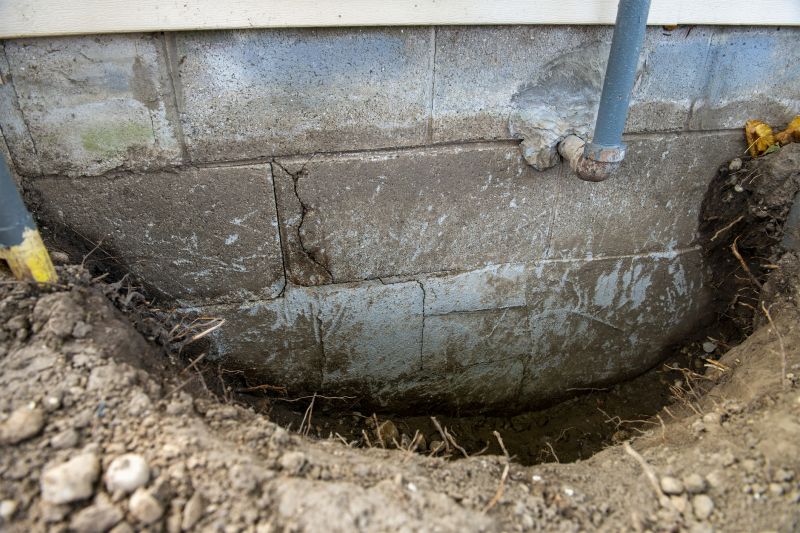
Cracks or bowing in basement walls may signal foundation problems.
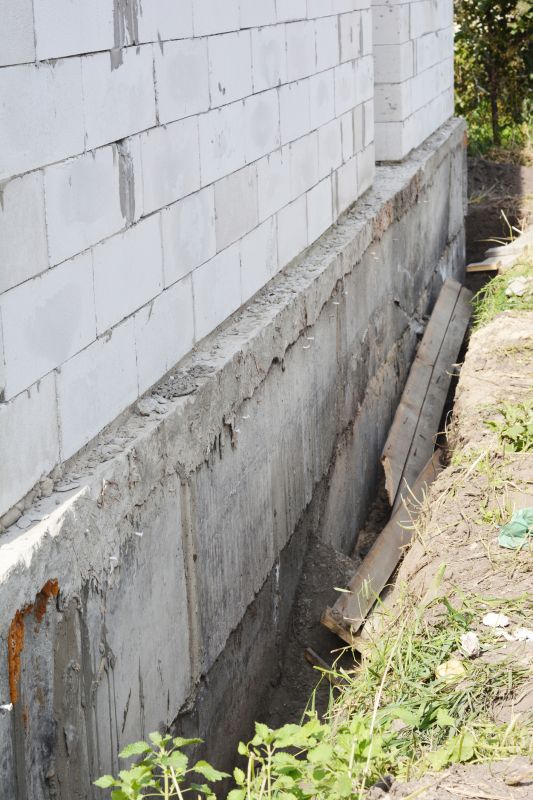
Soil movement can lead to foundation settling and structural concerns.
Timely foundation repairs can help prevent further structural damage, reduce repair costs, and maintain property value. It is advisable to monitor signs of foundation issues and consult professionals to determine the best time for repairs based on seasonal conditions and soil stability. Proper assessment and planning are key to successful foundation maintenance.
Cracks in walls, uneven floors, and sticking doors can indicate foundation problems.
A professional assessment helps determine the severity and best timing for repairs.
Proper drainage and soil management can reduce the risk of future foundation issues.




